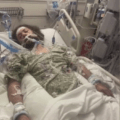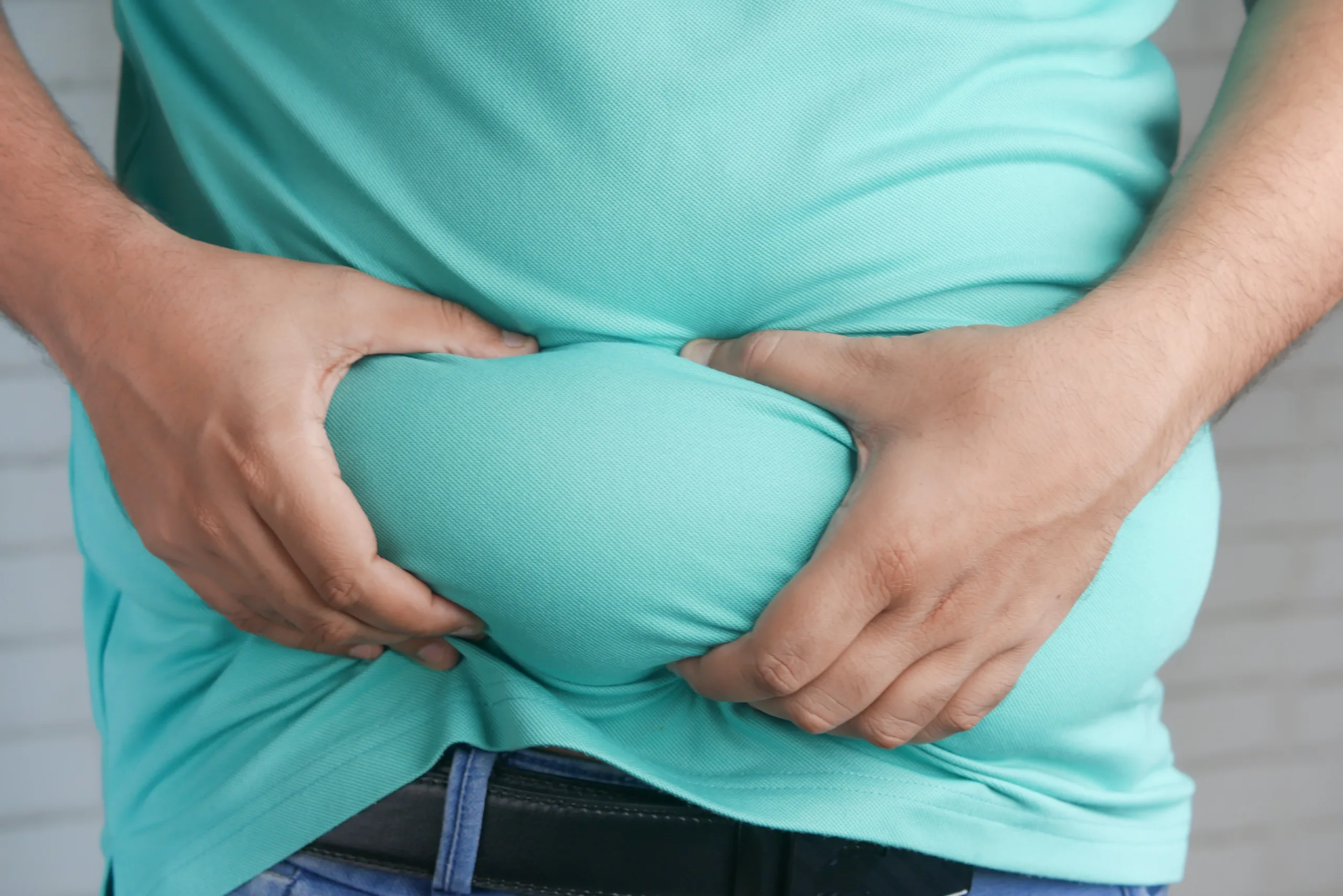A Heat Wave in the Southwest US Brings Record-Breaking Temperatures and Health Concerns
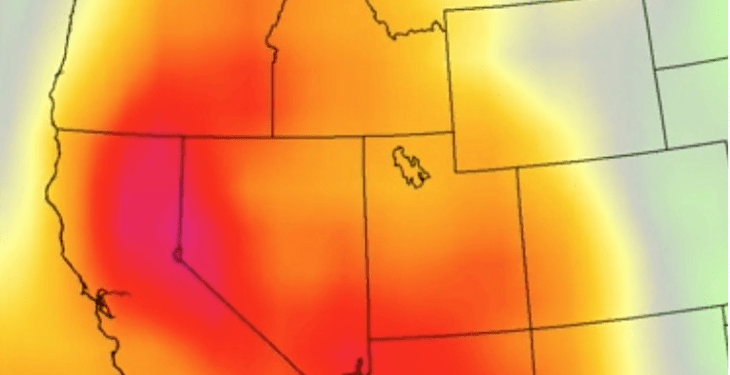
A heat wave in the southwestern United States has brought record-breaking temperatures, causing power outages, wildfires, and health concerns in the region.
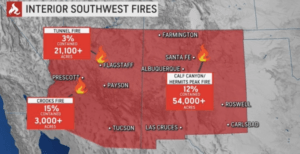
The heat wave began in late June and has continued into July. Temperatures have reached as high as 120 degrees Fahrenheit in some areas, breaking previous records.
The heat wave has caused power outages in several states, including Arizona, California, and Nevada. The outages have been caused by high demand for electricity as people use air conditioners to keep cool.
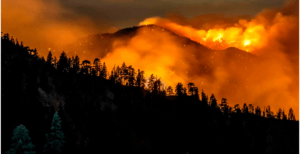
The heat wave has also contributed to the spread of wildfires in the region. Wildfires have been reported in Arizona, California, and New Mexico. The fires have forced people to evacuate their homes and businesses, and they have caused millions of dollars in damage.
The heat wave has also raised health concerns. The National Weather Service has issued heat advisories and warnings for much of the southwestern United States. The advisories warn people to stay indoors during the hottest part of the day and to drink plenty of fluids.
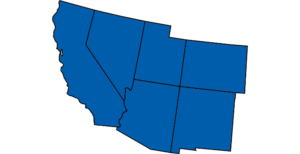
The heat wave is expected to continue for several more days. Temperatures are expected to remain above average, and there is a chance for more wildfires.
The heat wave is a reminder of the dangers of climate change. The southwestern United States is one of the regions that is most vulnerable to the effects of climate change, and the heat wave is a sign of things to come.
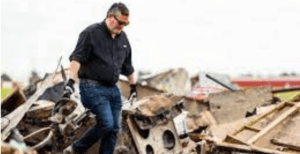
The heat wave is also a reminder of the importance of taking steps to stay safe during hot weather. People should stay indoors during the hottest part of the day, drink plenty of fluids, and check on elderly neighbors and relatives.
Here are some tips to stay safe during a heat wave:
- Stay indoors as much as possible.
- If you must go outside, wear loose-fitting, light-colored clothing.
- Drink plenty of fluids, even if you don’t feel thirsty.
- Avoid alcohol and caffeine, which can dehydrate you.
- Take cool showers or baths.
- Use a fan or air conditioner if you have one.
- Check on elderly neighbors and relatives.
If you experience heat exhaustion, symptoms may include:
- Heavy sweating
- Dizziness
- Headache
- Nausea
- Fatigue
If you experience heat stroke, symptoms may include:
- High body temperature (above 103 degrees Fahrenheit)
- Confusion
- Seizures
- Loss of consciousness

